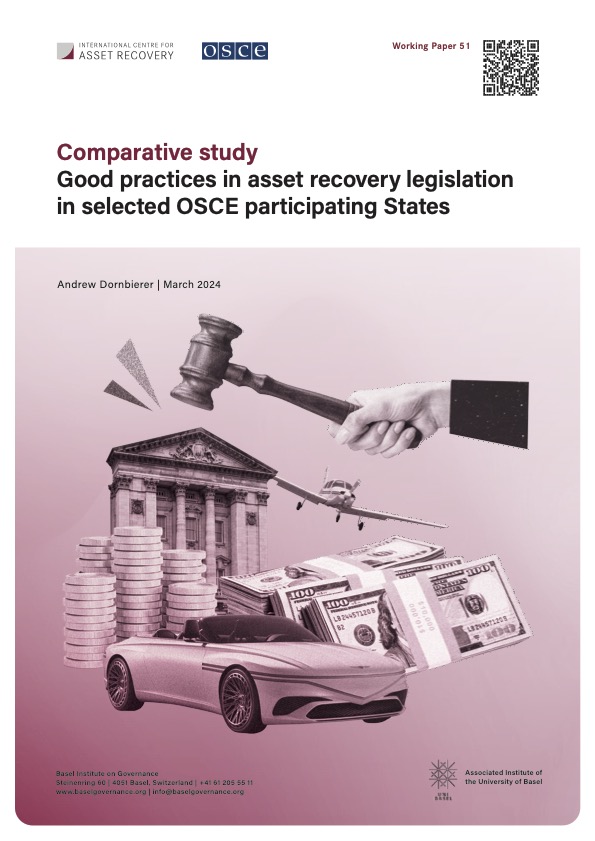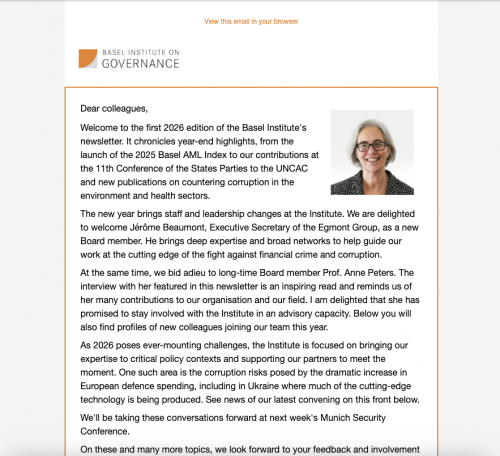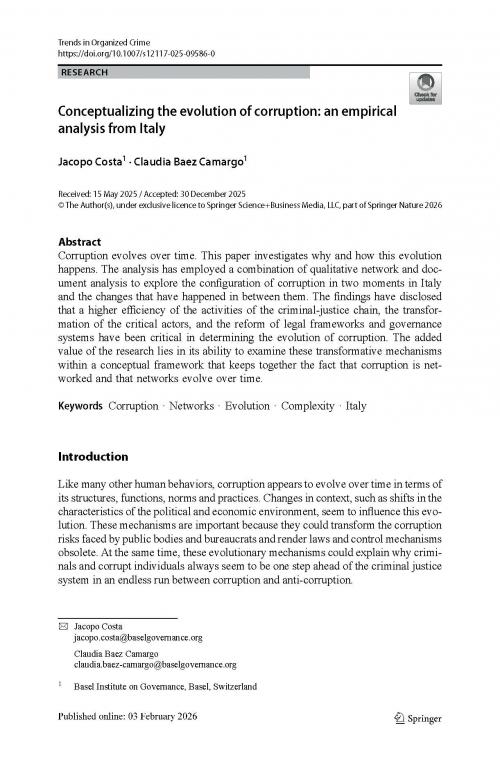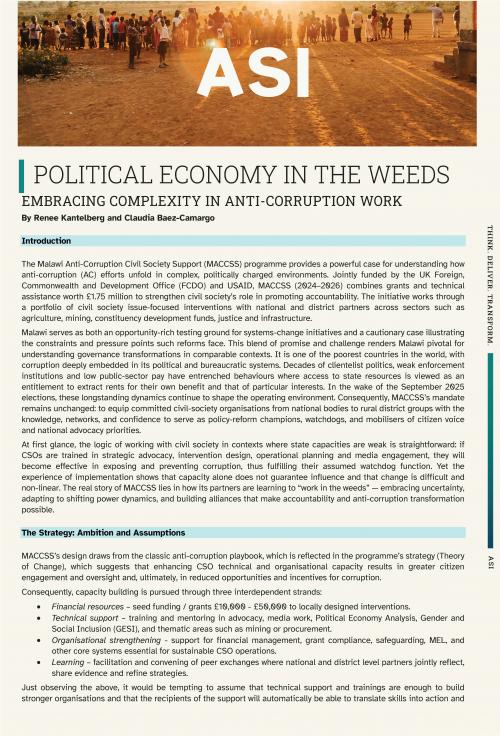Working Paper 51: Good practices in asset recovery legislation in selected OSCE participating States
Asset recovery tools are integral to combating corruption, organised crime, sanctions evasion and other profit-motivated crimes. However, in many participating States of the OSCE, the range of asset recovery tools available to law enforcement and criminal justice agencies is limited.
This Working Paper identifies legislative mechanisms in OSCE participating States that empower the state to confiscate suspected or proven proceeds of crime. The overall objective is to ascertain:
- Established good practices with regard to the design of these legislative mechanisms.
- Any unique approaches that particular countries have taken in this context that could be replicated and tested in other jurisdictions.
It covers:
- Conviction-based asset recovery mechanisms.
- Non-conviction based mechanisms including civil recovery.
- Additional mechanisms such as illicit enrichment laws and other laws that reverse the burden of proof regarding the legitimacy of assets.
- Considerations regarding the adoption of broader asset recovery laws.
- Approaches to the disposal of confiscated assets.
- Common challenges in the implementation of asset recovery mechanisms.
About this report
This comparative study was conducted and drafted by the International Centre for Asset Recovery at the Basel Institute on Governance for the Organization for Security and Co-operation in Europe (OSCE). The paper was commissioned under the extra-budgetary project ‘Strengthening asset recovery efforts in the OSCE region’ implemented by the OSCE Secretariat’s Transnational Threats Department and the Office of the Co-ordinator of OSCE Economic and Environmental Activities.
It is published as part of the Basel Institute on Governance Working Paper series, ISSN: 2624-9650. You may share or republish it under a Creative Commons CC BY-NC-ND 4.0 licence.
Suggested citation: Dornbierer, Andrew. 2024. ‘Good practices in asset recovery legislation in selected OSCE participating States.’ Working Paper 51, Basel Institute on Governance and Organization for Security and Co-operation in Europe (OSCE). Available at: baselgovernance.org/publications/wp-51.
Disclaimer
This Working Paper is intended for general informational purposes and does not constitute and/or substitute legal or other professional advice. The contents are the sole responsibility of the author and do not necessarily reflect the views and the official position of the Basel Institute on Governance, the OSCE and its participating States.
Key insights
Links and other languages




